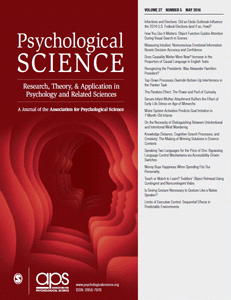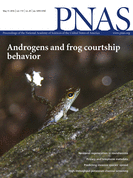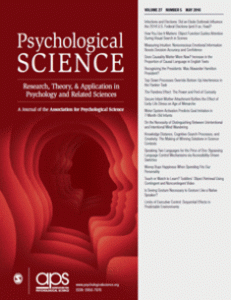 PLOS ONE has republished data that were abruptly removed two weeks ago after the authors expressed concerns they did not have permission to release them.
PLOS ONE has republished data that were abruptly removed two weeks ago after the authors expressed concerns they did not have permission to release them.
The dataset — de-identified information from people with chronic fatigue syndrome — was removed May 18, noting it was “published in error.” But this week, the journal republished the dataset, saying the authors’ university had been consulted, and the dataset could be released.
This paper has drawn scrutiny for its similarities to a controversial “PACE” trial of chronic fatigue syndrome.
Here’s the second correction notice for “Therapist Effects and the Impact of Early Therapeutic Alliance on Symptomatic Outcome in Chronic Fatigue Syndrome,” released June 1:
Continue reading PLOS ONE republishes removed chronic fatigue syndrome data



 After PLOS ONE allowed authors to remove a dataset from a paper on chronic fatigue syndrome, the editors are now “discussing the matter” with the researchers, given the journal’s requirements about data availability.
After PLOS ONE allowed authors to remove a dataset from a paper on chronic fatigue syndrome, the editors are now “discussing the matter” with the researchers, given the journal’s requirements about data availability.
 The Open Science Framework (OSF) has pulled a dataset from 70,000 users of the online dating site OkCupid over copyright concerns, according to the study author.
The Open Science Framework (OSF) has pulled a dataset from 70,000 users of the online dating site OkCupid over copyright concerns, according to the study author.

